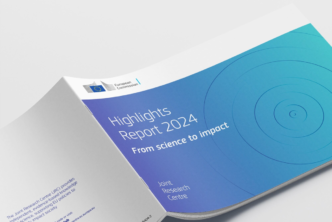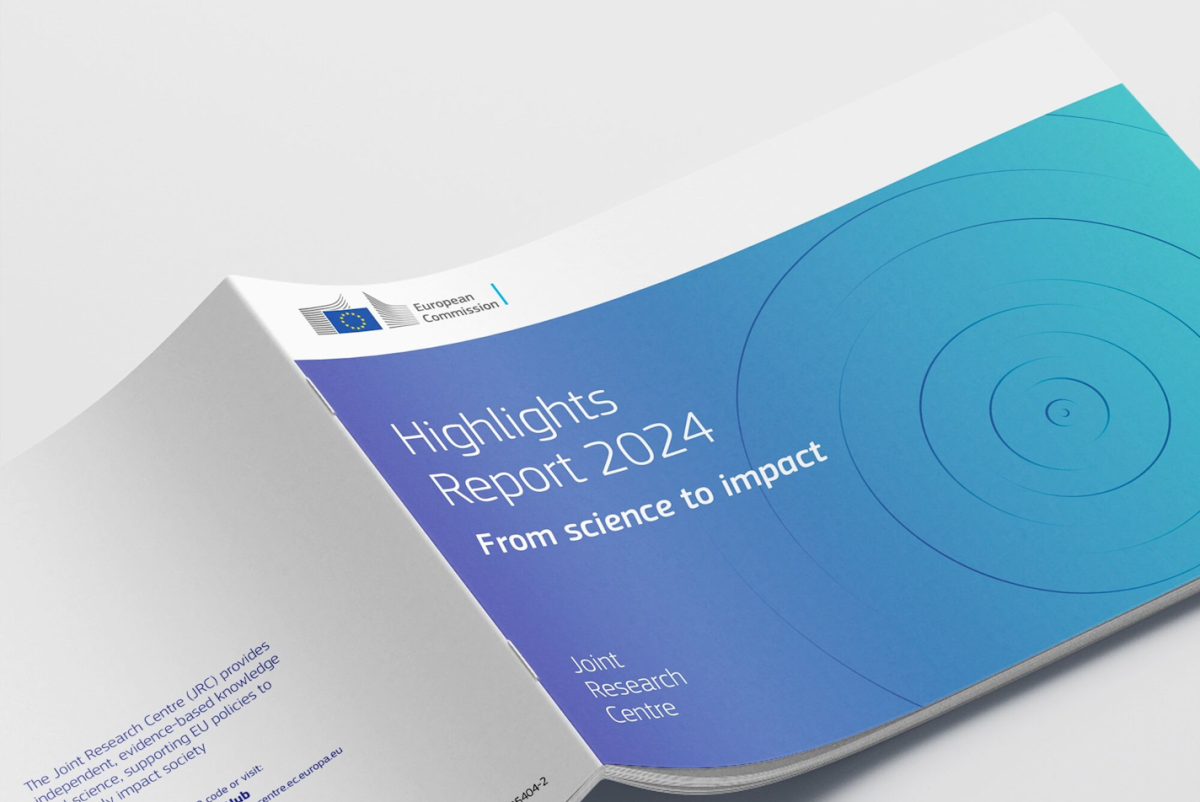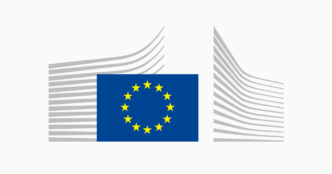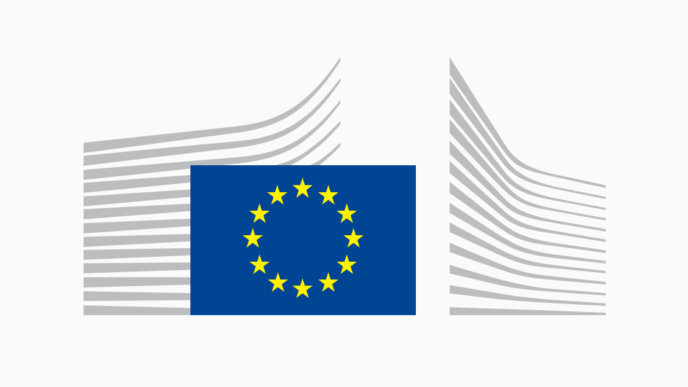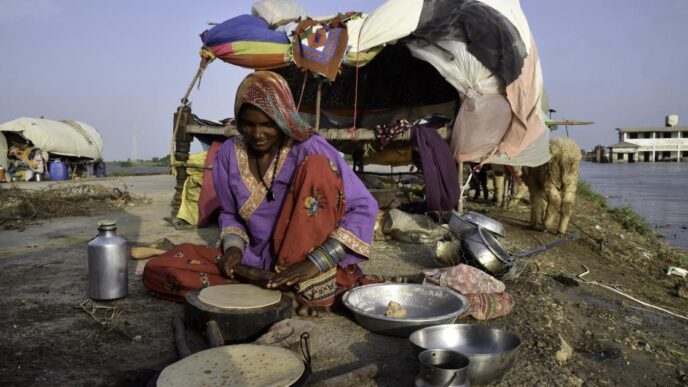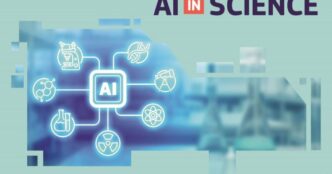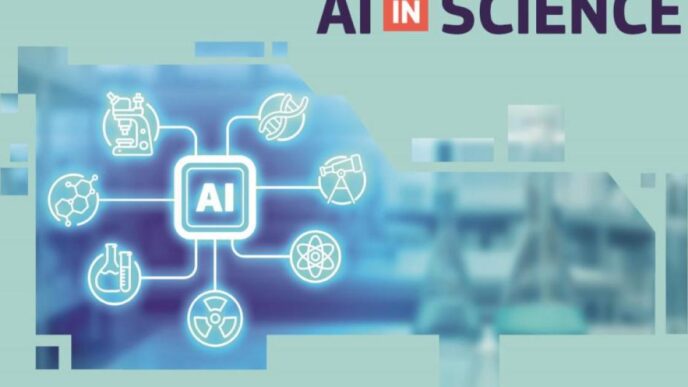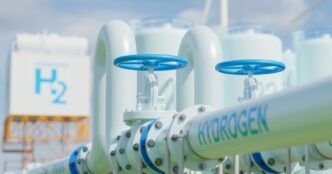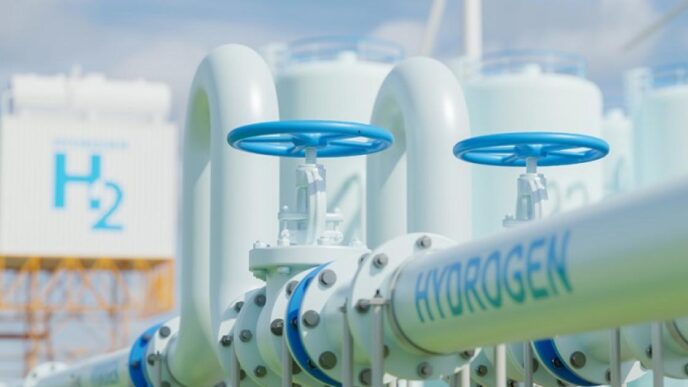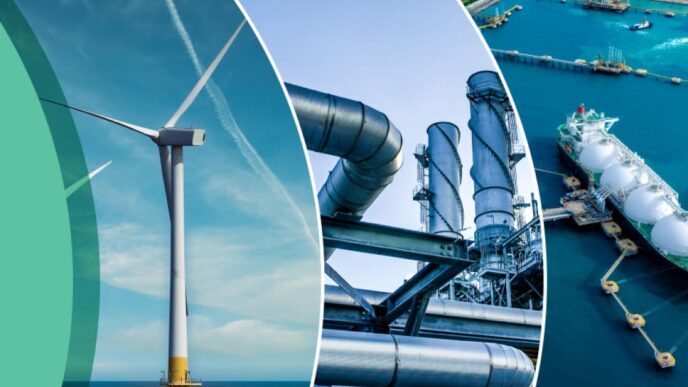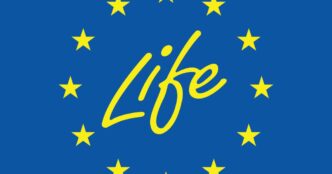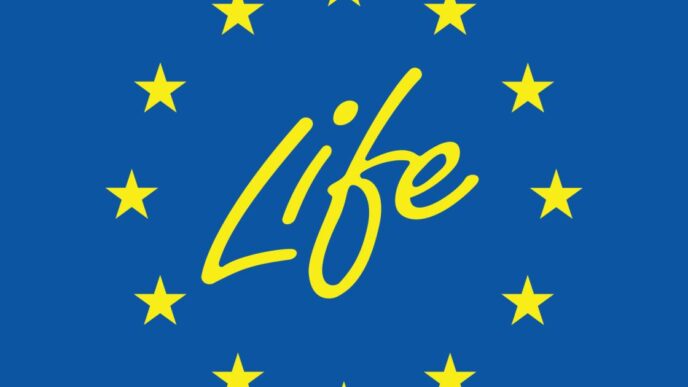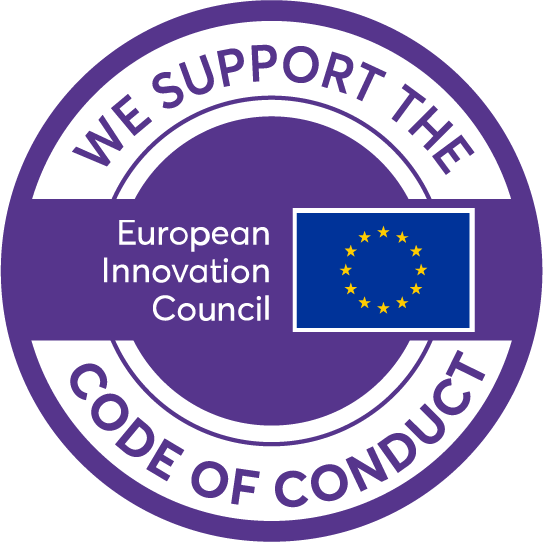From its contributions to the AI Act, innovative cancer research or boosting citizens’ engagement and supporting democracy, the JRC plays an important role across a range of fields. In the newly published 2024 Highlights report the JRC demonstrates its latest accomplishments by providing straightforward examples of its work. This annual report offers insights about the most significant work in 11 key areas done in the past year.
Empowering a clean and competitive EU industry
Balancing decarbonisation, depollution and competitiveness is at the heart of the EU’s Clean Industrial Deal. The JRC launch of the Innovation Centre for Industrial Transformation and Emissions (INCITE) in June 2024 marked a significant step in Europe’s clean industrial transformation. The analysis on future grid capacity and its annual assessment of clean energy technologies have also helped to identify opportunities to strengthen the EU’s competitiveness.
Supporting safe and trustworthy artificial intelligence
The JRC played a key role in supporting safe and trustworthy artificial intelligence by contributing to the entire policy cycle of the Artificial Intelligence (AI) Act. The AI Act entered into force on 1 August 2024 and set a global standard for AI regulation. The JRC has provided early research that helped to define the issues, and its neutral scientific support informed all three EU institutions during the negotiations. The JRC continues to further support the implementation of the Act.
Making the battery value chain safe and sustainable
Batteries are a core component of the EU’s green and digital transitions. The new EU Battery Regulation aims at making the battery value chain more sustainable. To support this goal, the JRC has already mapped the value chain, developed harmonised rules and standards for battery performance and safety, and created methodologies to assess sustainability, including life cycle carbon footprint and circularity. Additionally, it participated in the preparation and negotiation of the regulation and will continue to provide technical support for its implementation from 2024 onwards.
Maintaining Europe’s nuclear competitiveness, safely
Nuclear power is a source of low-carbon energy. The JRC provides independent, technical and scientific support to facilitate the development, demonstration and deployment of innovative nuclear technologies, notably small modular reactors (SMR). These have the potential to help EU countries safely decarbonise their energy systems. The JRC is also a fully recognised partner of the new European Industrial Alliance on SMRs, which launched in 2024. Besides, it ensures the EU remains competitive and a key active partner in international cooperation on nuclear power.
Enhancing EU secure communications in space
Building on its strong experience with satellite programmes Galileo and Copernicus, the JRC now actively supports secure connectivity under the EU space programme by providing technical support to the Infrastructure for Resilience, Interconnectivity and Security by Satellite (IRIS²).
Boosting citizen engagement to strengthen EU democracy
The JRC has helped guide policymakers and public administrations in delivering more citizen engagement and participatory democracy within the EU. It contributed to the Commission’s ‘Defence of Democracy’ package, advised Commission services’ on citizen engagement and helped creating the Commission’s online deliberative platform, which allows citizens to voice their ideas and concerns, for example as part of Citizen’ Panels.
Assessing drought risks, monitoring agricultural conditions
Droughts are getting more severe and more frequent in Europe and worldwide. In 2024, the JRC’s research improved understanding of current and emerging risks, while offering actionable information on ongoing and expected droughts. It advanced monitoring of agricultural conditions and soil health and upgraded its early warning system. Together with the United Nations Convention to Combat Desertification (UNCCD), it produced the first ever World Drought Atlas in 2024.
Shaping the 2040 climate targets
The JRC’s continuous efforts to advance scientific understanding and emissions inventories have helped the EU, and the global community meet ambitious targets aimed at mitigating climate change. In 2024, the JRC’s interdisciplinary analysis underpinned the Commission’s recommendation for a 90% emissions reduction goal by 2040 to ensure EU climate neutrality by 2050.
Preventing a future health crisis
Antimicrobial resistance is a silent crisis, claiming 35 000 European lives each year. The JRC has played an essential role in helping the EU better understand this crisis and fight against it. The JRC developed new methodologies in 2024 to detect antibiotic residues in animal feed and has monitored waterways for potential antimicrobial resistance-triggers such as antimicrobial drugs or pesticides.
Helping Europe beat cancer
As the science service of the Commission, the JRC has contributed significantly to Europe’s Beating Cancer Plan with the recently released European Quality Assurance Scheme for Breast cancer services that aims to improve early detection and care throughout Europe. The JRC’s pioneering research and successful results on nuclear treatment for prostate cancer (published in the Lancet Oncology) was another major milestone in the field.
Making cities more sustainable
While urbanisation and climate change accelerate in the EU, cities are becoming increasingly under pressure. The JRC has made significant strides in helping cities become more sustainable, thanks to its crucial support to the New European Bauhaus, which helps to stimulating local engagement. The JRC also provided scientific support to the Covenant of Mayors and the EU Cities Mission, which guide cities to achieve ambitious sub-national climate targets.
The first pan-European assessment of the current and projected excess mortality resulting from temperature change by the JRC was published in the Lancet journal in 2024. This study informed policymakers and authorities about foreseen challenges to public health systems, particularly during periods of extreme heat and cold.
